MercoPress. South Atlantic News Agency
Tag: poverty in Latam
-
Tuesday, January 2nd 2018 - 06:20 UTC
Latin American poverty and extreme poverty rose in 2015/16 following a decade of decline
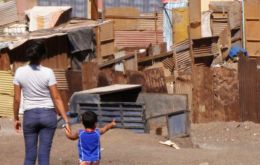
Poverty and extreme poverty levels rose in Latin America as a regional average in 2015 and 2016, after more than a decade of declines in the majority of countries, while in 2017 they are expected to hold steady, the Economic Commission for Latin America and the Caribbean (ECLAC) said.
-
Thursday, October 22nd 2015 - 07:42 UTC
Latin America's 2013/15 exports, worst performance in eight decades says ECLAC
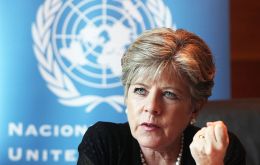
The value of Latin America’s exports will continue to decline through 2015 by 14%, with Argentina faring slightly worse with a reduction of 17%, says the UN Economic Commission for Latin America and the Caribbean (ECLAC) report, which also indicated that the value of imports to Argentina are set to fall by a smaller 10%.
-
Wednesday, July 8th 2015 - 07:50 UTC
World Bank claims there's 'no crisis in Latin America', but poverty still prevails
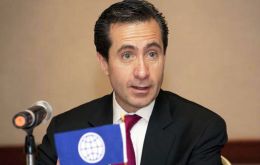
The World Bank’s Vice-President for Latin America and the Caribbean, Jorge Familiar, praised the region’s implementation of economic reforms, claiming that they had led to poverty reduction in the last few years, but he also warned that its pace was decreasing.
-
Wednesday, April 22nd 2015 - 06:03 UTC
Understanding the drivers of prosperity in Latin America and the Caribbean

A new World Bank Group report, “Shared Prosperity and Poverty Eradication in Latin America and the Caribbean”, explores the performance of eight countries to understand what has driven progress, and what it will take to sustain it.
-
Tuesday, March 10th 2015 - 06:46 UTC
ECLAC estimates 28% of Latin America's population live in poverty

Poverty affected 28% of Latin America’s population in 2014, revealing that its decline has stalled at around that level since 2012, while indigence rose to 12.0% from 11.3% during the same two-year period in an overall context of economic deceleration, according to the projections from a study released by the Economic Commission for Latin America and the Caribbean (ECLAC) in Santiago, Chile.
-
Tuesday, January 27th 2015 - 06:18 UTC
Poverty reduction in Latin America stalls during 2014: totals 167 million
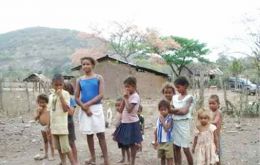
Poverty affected 28% of Latin America’s population in 2014, revealing that its decline has stalled at around that level since 2012, while indigence rose to 12.0% from 11.3% during the same two-year period in an overall context of economic deceleration, according to projections from a study presented On Monday by the Economic Commission for Latin America and the Caribbean (ECLAC) in Santiago, Chile.
-
Wednesday, August 27th 2014 - 06:11 UTC
Some 200 million people remain vulnerable in Latam despite lesser poverty
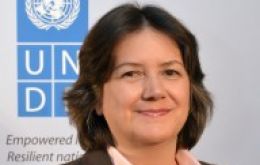
More than 56 million people have been lifted out of poverty in Latin America and the Caribbean in recent years, according to the United Nations Development Program (UNDP). But despite the progress, it warned that some 200m people, or 37.8% of the population, remained vulnerable.
